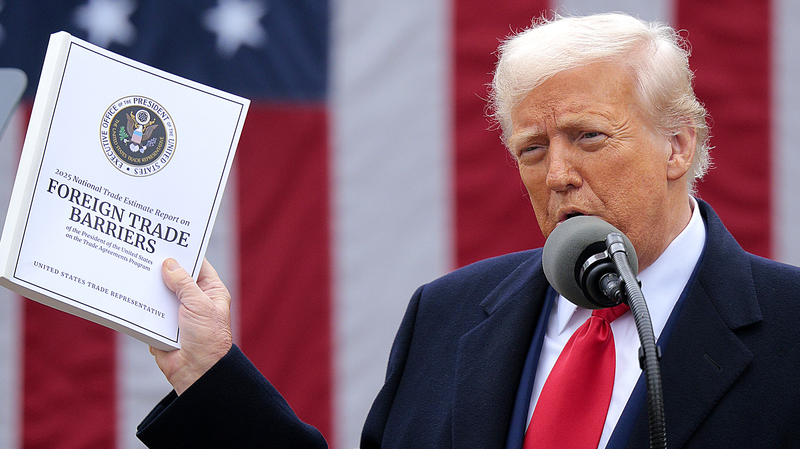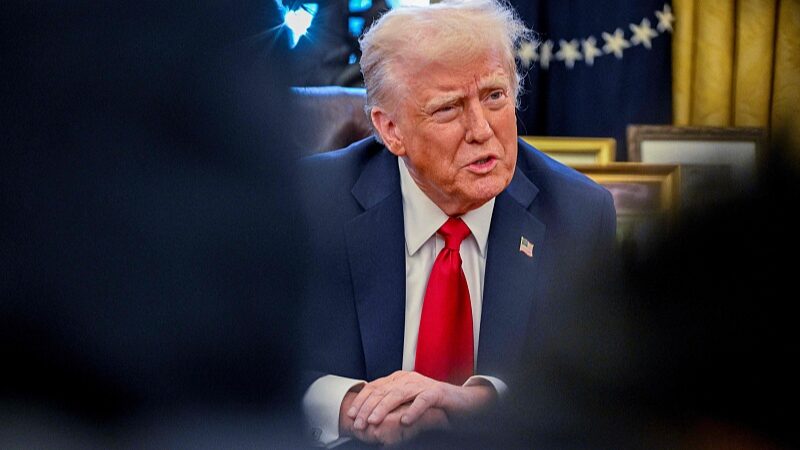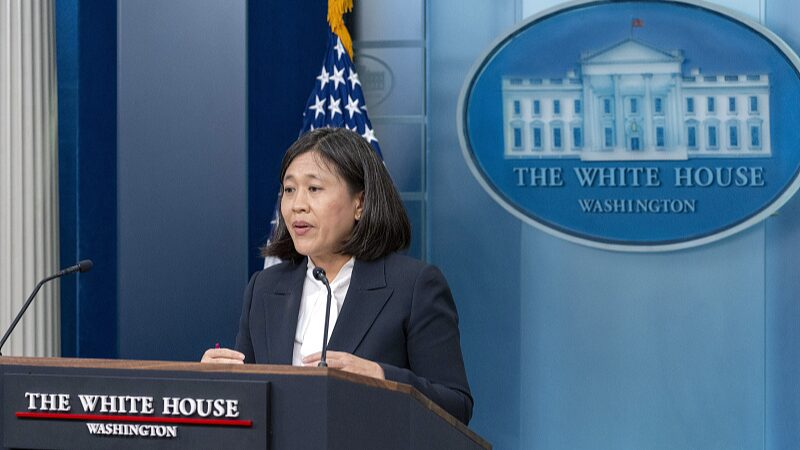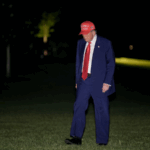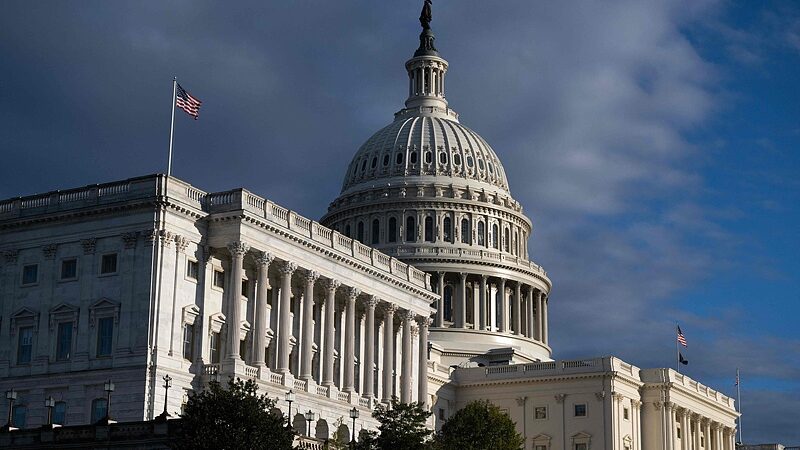The recent U.S. decision to impose "reciprocal tariffs" on trade partners has sparked debate among economists and policymakers. The move, framed as a strategy to address trade deficits and "unfair" practices, draws criticism for undermining multilateral trade systems and fueling global tensions.
WTO Principles at Stake
Analysts argue the policy violates core World Trade Organization (WTO) principles. Beijing-based researcher Xue Tianhang notes the WTO emphasizes balanced rights and obligations, not rigid tariff parity. "Insisting on uniform rates strips developing nations of growth opportunities," he explains, contrasting China\u2019s unilateral zero-tariff policies for 43 least-developed countries.
Discrimination and Fragmentation Risks
The U.S. approach also clashes with the WTO\u2019s most-favored-nation principle, which mandates equal treatment for all members. Trade expert Chad Bown warns discriminative tariffs erode trust in the rules-based order, risking economic fragmentation. Emerging economies, in particular, face heightened uncertainty as negotiations stall.
Economic Pragmatism vs. Zero-Sum Tactics
Critics highlight the impracticality of broad tariff hikes, noting trade agreements traditionally balance sector-specific access. Xue calls the U.S. strategy "a zero-sum tool" divorced from economic realities. As global supply chains recalibrate, businesses and investors await clearer signals amidst escalating trade rhetoric.
Reference(s):
cgtn.com
